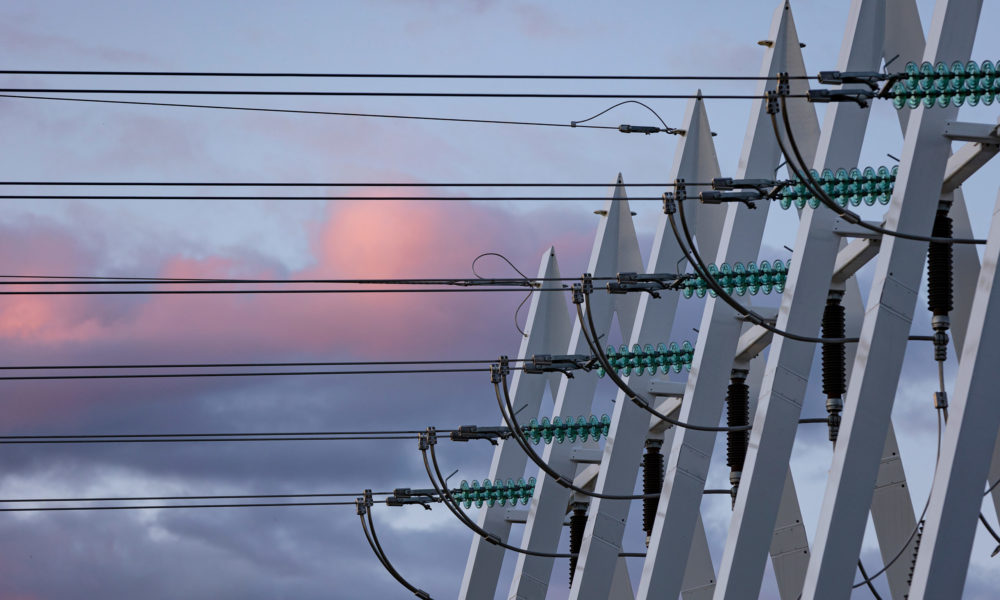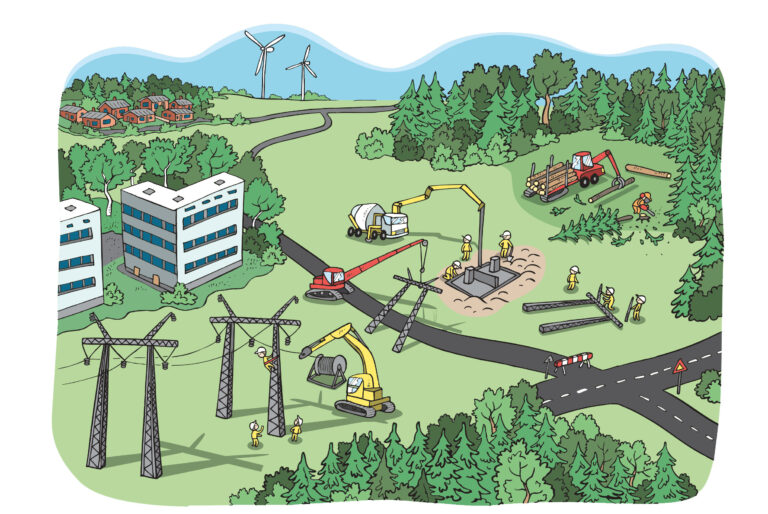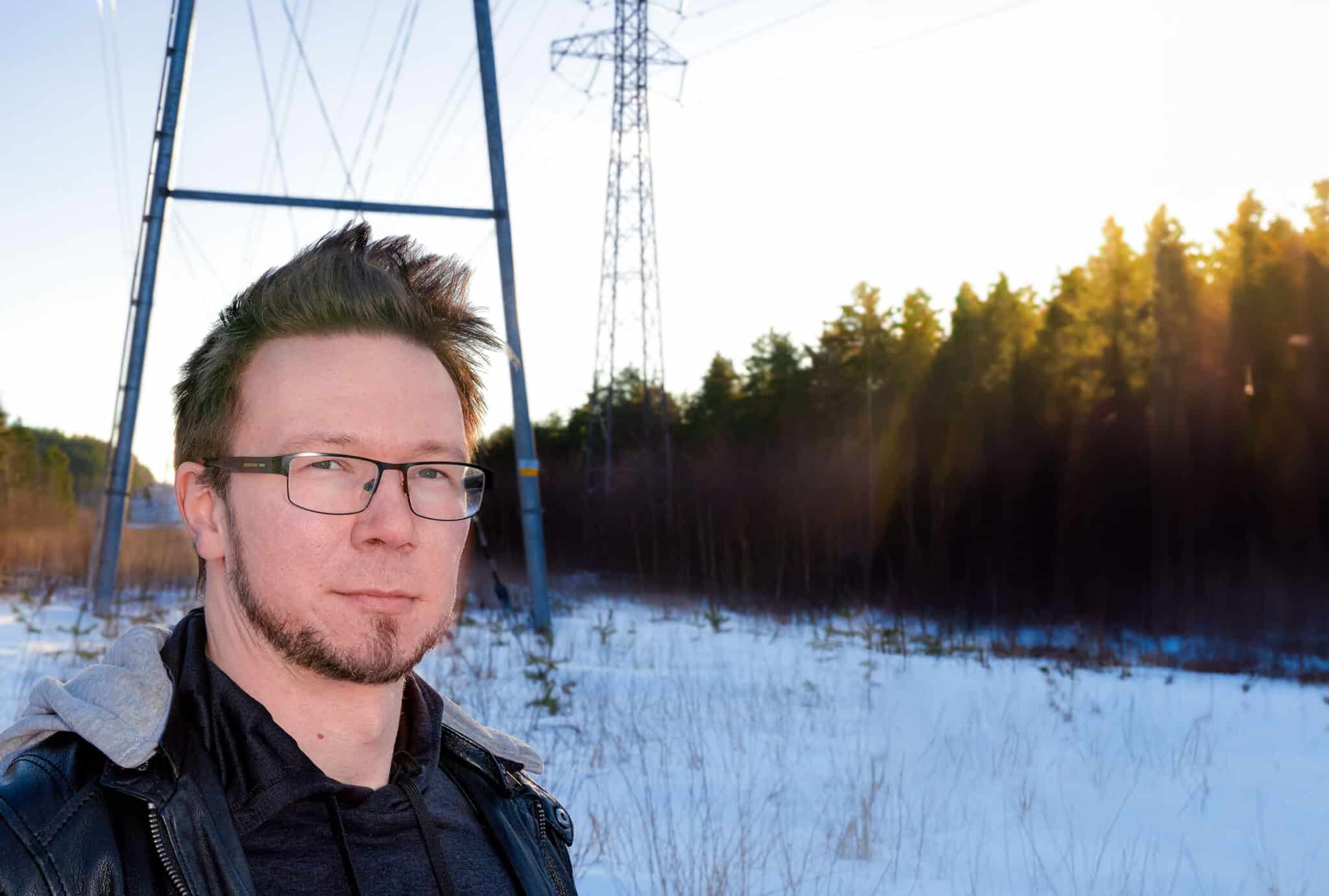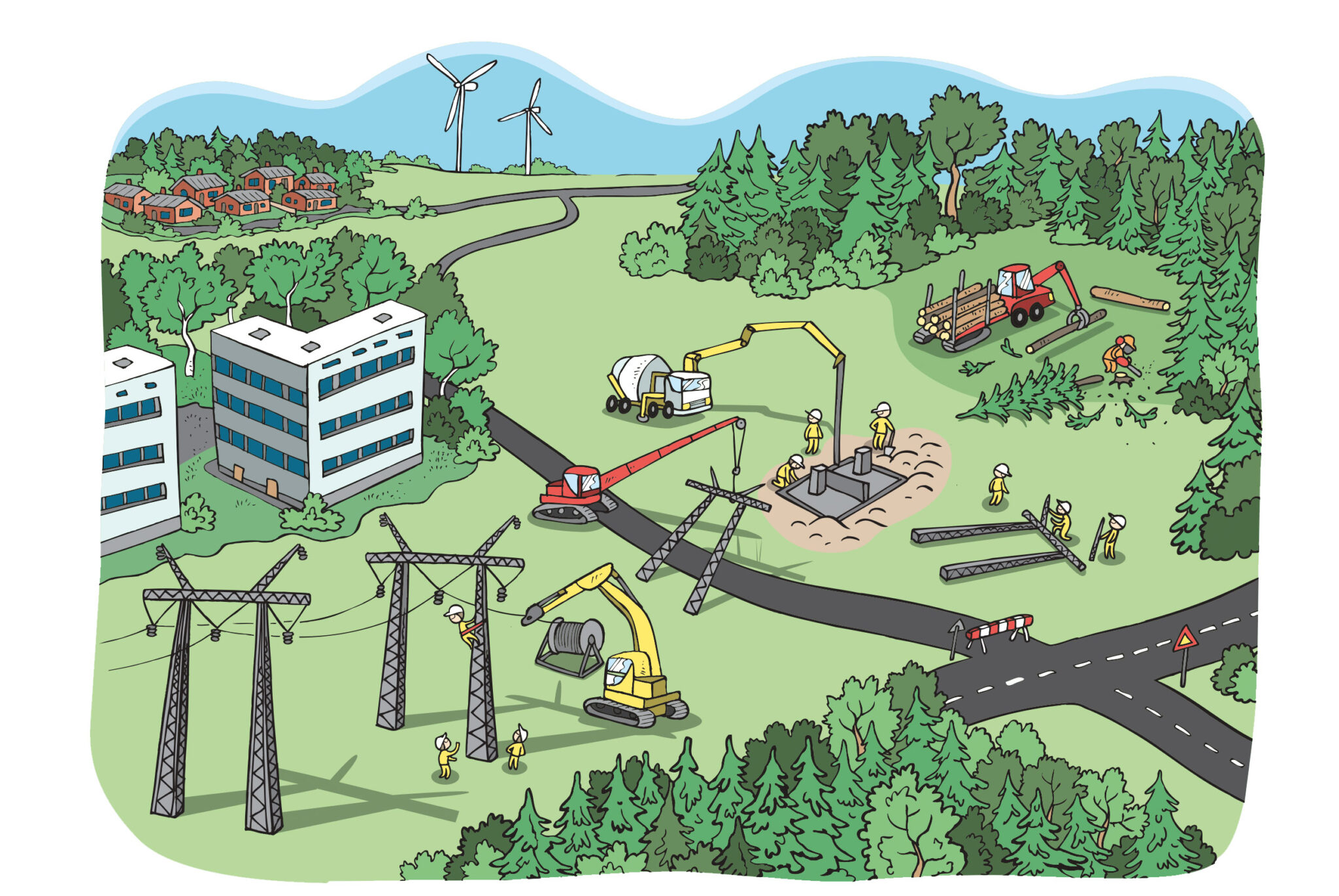We asked Juho Korteniemi, Chief Specialist at the Ministry of Economic Affairs and Employment, to answer some of our questions.
What are the working group’s objectives?
The working group aims to promote energy sector integration, including matters such as the development of power-to-product solutions and the hydrogen economy. The working group is taking into consideration the strategies on the energy system integration and hydrogen published by the European Commission in July. The working group’s results will also be linked to the preparation of a national climate and energy strategy. In practice, the working group must analyse the needs, opportunities and obstacles to energy sector integration and present tangible alternatives for solutions.
How have things been going so far?
The working group and the groups of specialists working with it began their work in August and September 2020. The work has covered matters such as the content of the low-carbon roadmaps for various sectors prepared on the basis of the Government’s programme, status of finance and research aspects, and initial discussions on the integration of the urban heating sector.
How significant do you think energy sector integration will be in terms of Finland’s energy economy and combating climate change?
The Ministry of Economic Affairs and Employment considers the matter highly important. In order to reach the goal of becoming climate neutral and improve Finland’s competitiveness, we will need to deploy new solutions in every sector with a view to ensuring the cost-efficiency and reliability of the system as a whole. The working group’s work is strongly based on stakeholder cooperation, and it also considers the views of Fingrid and Fingrid’s customers. Fingrid could be at the forefront of the development of new energy solutions.






